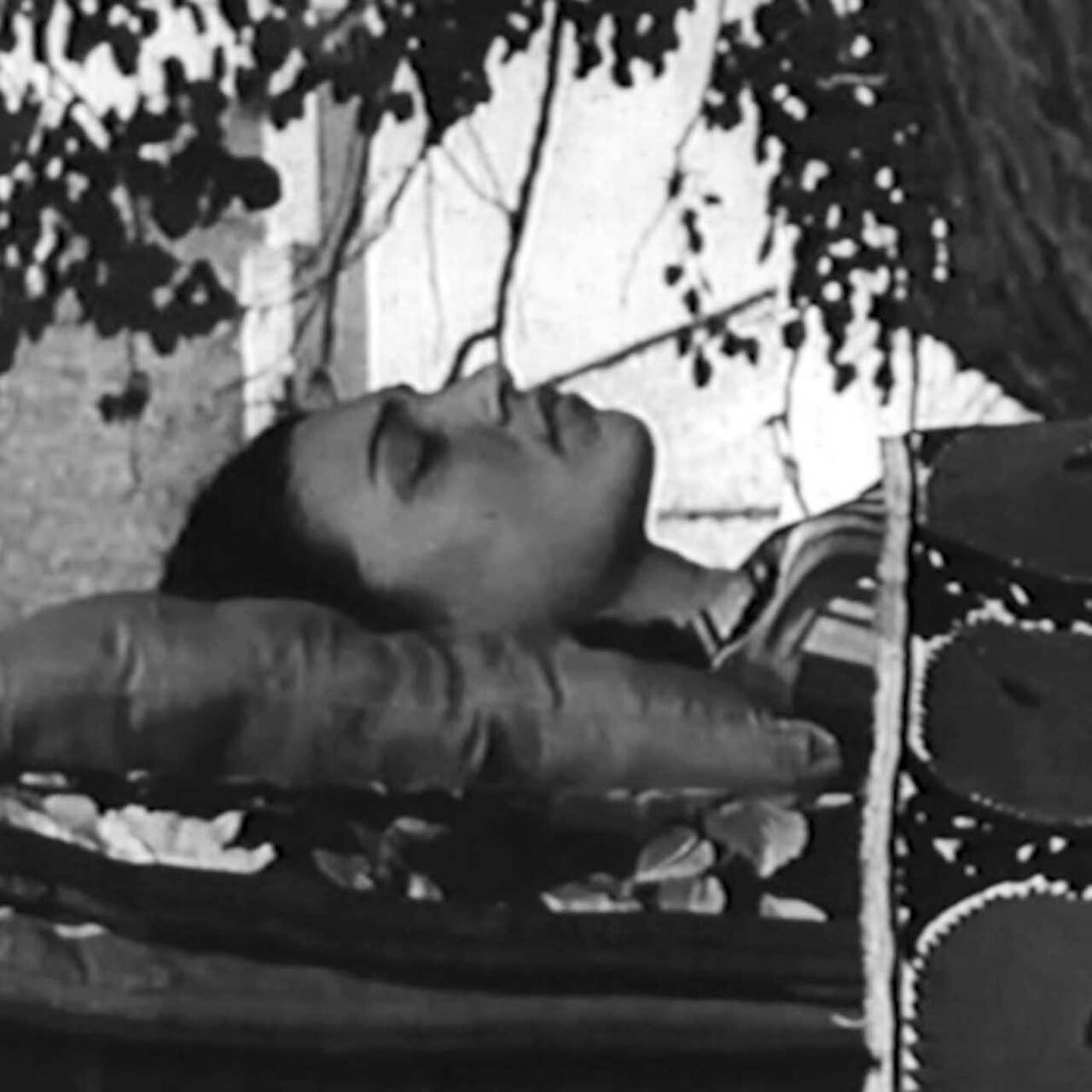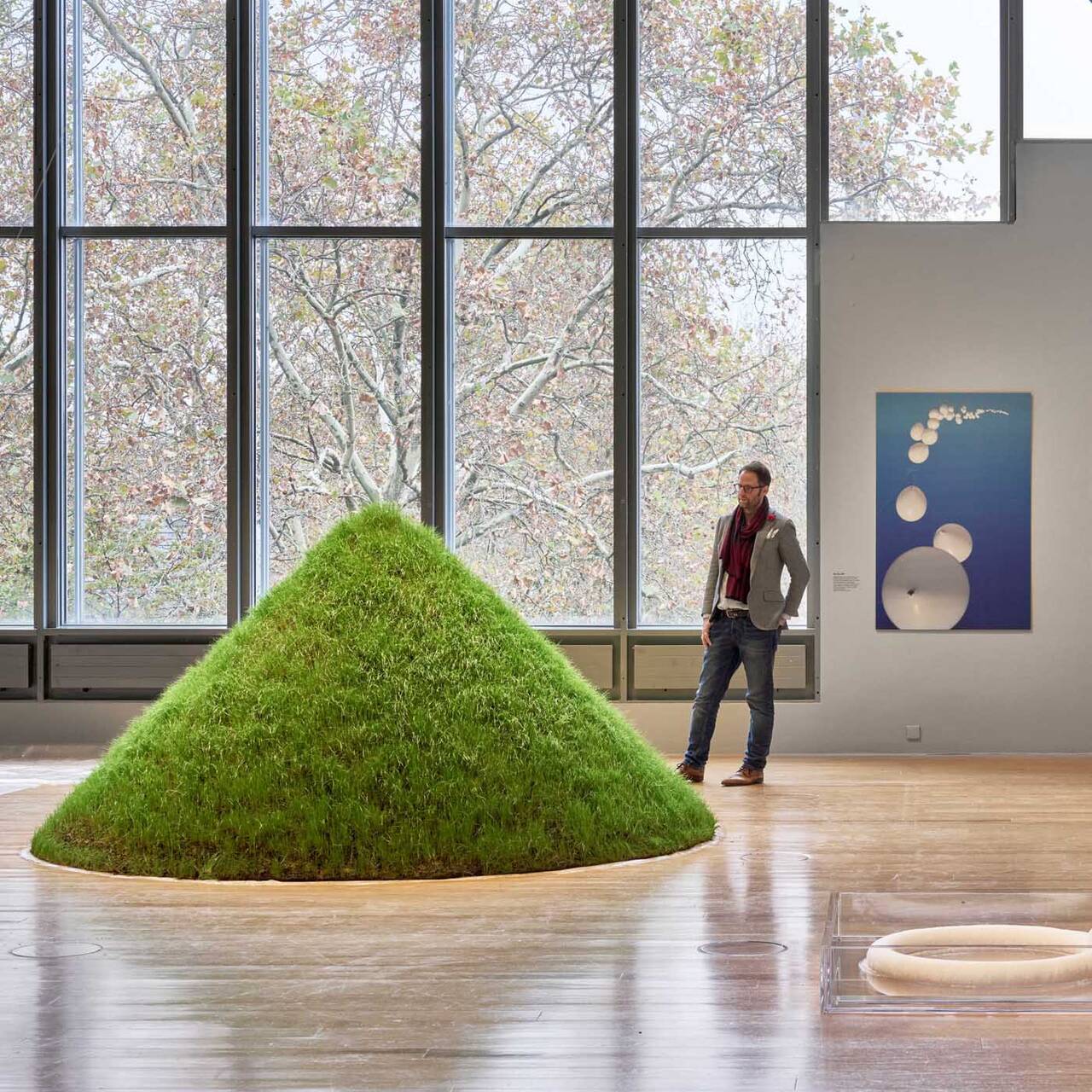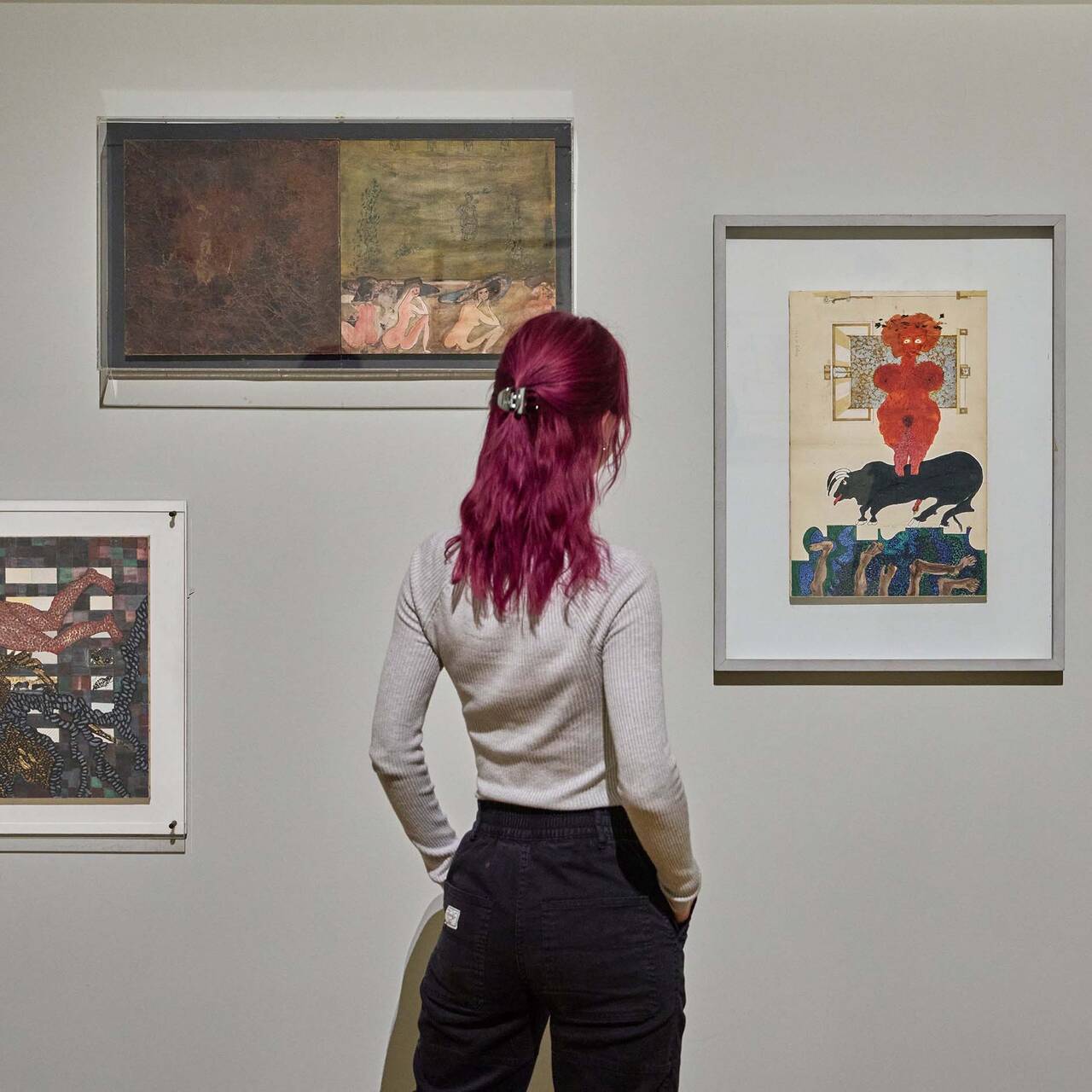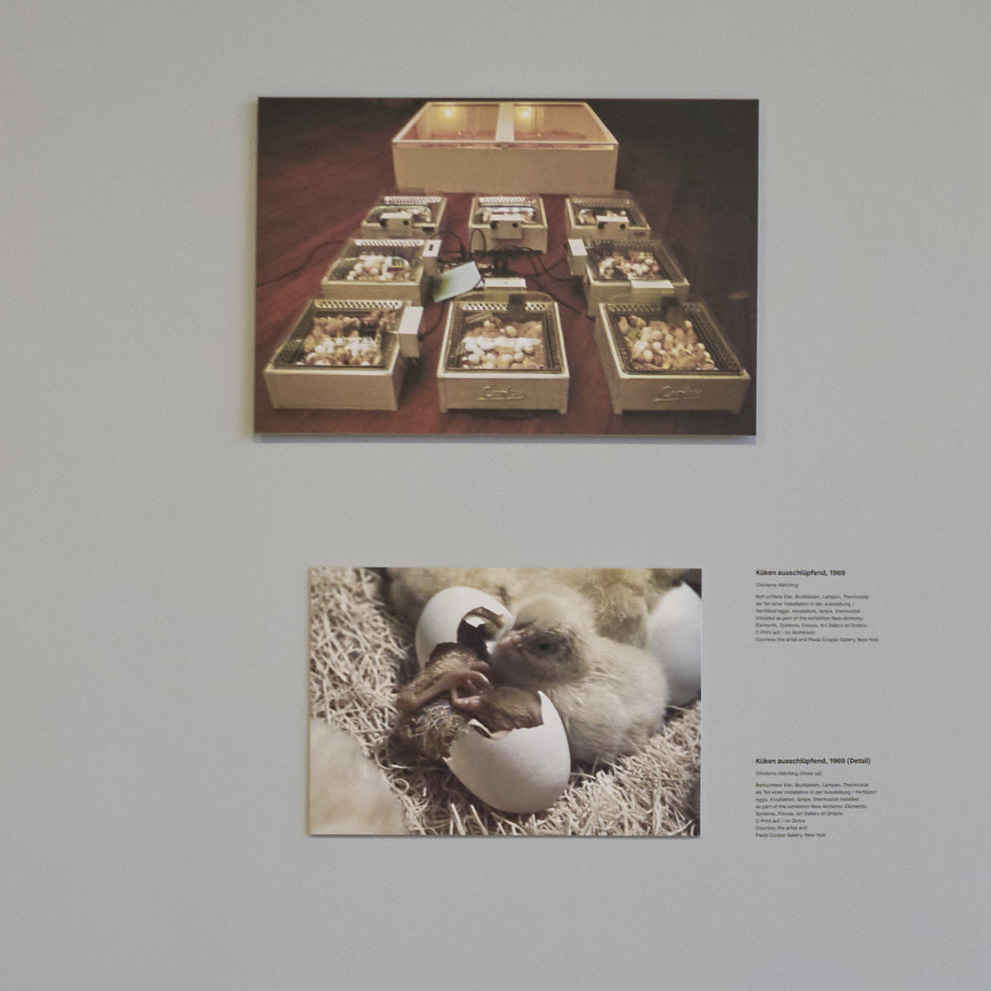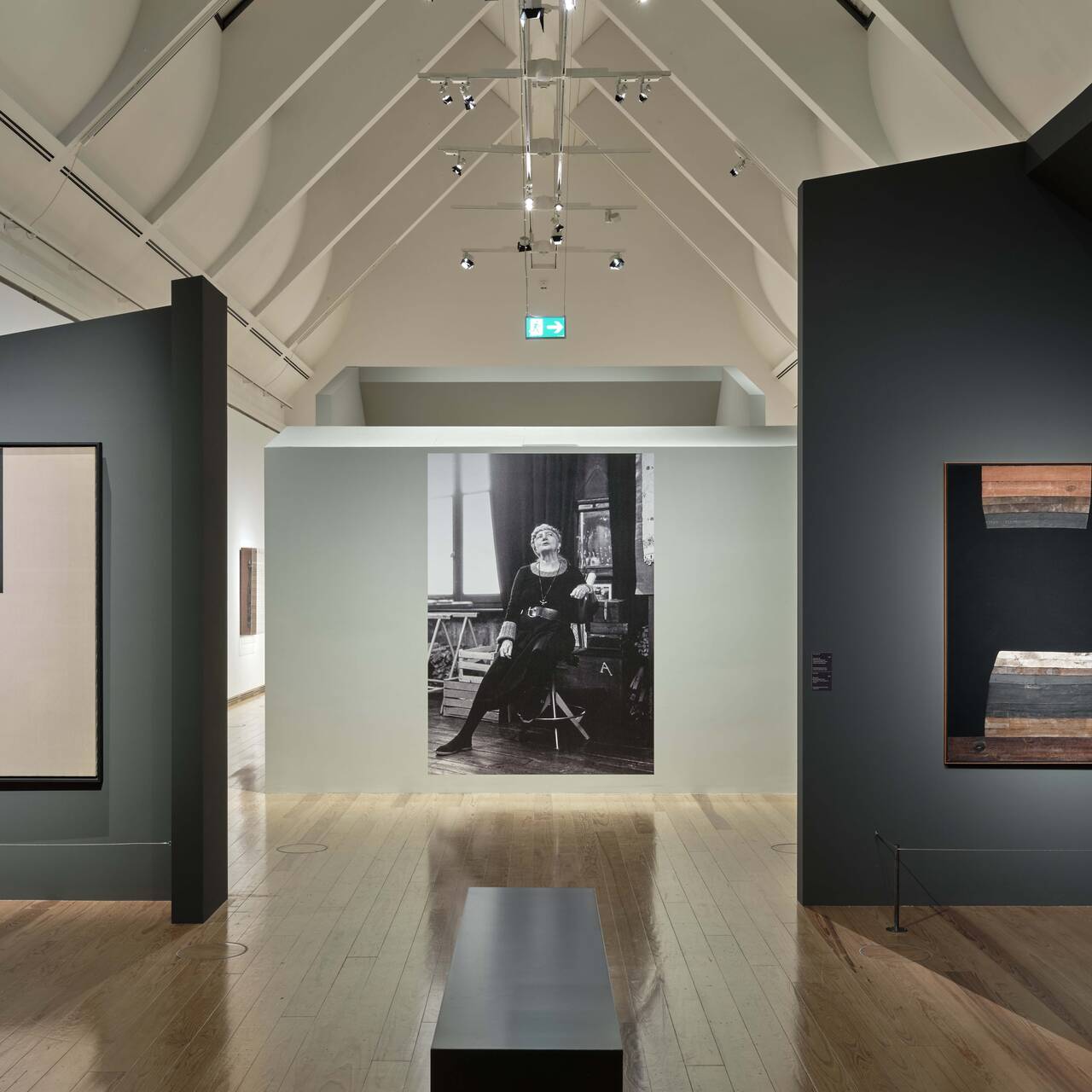Will Fredo works at the intersection of Blackness, technology, queerness, post-decolonial thought, and pop culture. What it means and why Black History is everywhere.
Will, you are a Black non-binary artist working on various topics. Can you tell us about your work and give us an insight into current projects?
I work at the intersection of blackness, technology, queerness, post-decolonial thought, pop culture and all its entanglements. The mediums I work with can include written and spoken word, body, sound, music, musicals, lecture performance, healing rituals, prayer, choreography, free dancing, photography, sculpture, installation, video, webseries and even Instagram filters.
Currently I am working on a video project with the working title “1492 – present”. For this project I met several people defending rights for land but also those who are concerned with gender issues or the environment in Colombia and Guatemala. The premise of the work is the mainstream realisation that the most pressing human rights injustices in the continent stem from European colonization and the subsequent and ongoing oppression of Black and indigenous life. I’m trying to draw parallels between all these different and highly connected and interdependent movements. There’s a big focus on resistance practises such as poetry, alternative spiritualities, cooking, healing and community.

How does your work relate to Blackness and its intersections with gender and sexuality?
I will answer that with an example: In many African pre-colonial societies such as the Langi of northern Uganda, the mudoko dako were femme males who were treated as women and could marry cis men. Or the Chibados or Quimbanda of Angola, who were male diviners whom were believed to carry female spirits through anal sex. My work engages with these ancestors who are still not welcomed in the mainstream decolonial movement whose main aim is to be accepted into the humanist club. My work engages with the afterlives of these inconvenient histories and everyone who relates to them.




You once shared that you are working on reimagining a world that is informed by unapologetic Blackness. What would that world look like? And how can we work towards it?
And unapologetic blackness plays a major role in my art by rejecting the aims imposed by the white supremacist classist ableist respectable neoliberal cis het patriarchy. Contemporary art was born out of the need to reach beyond the retina (eye) and towards the mind. Since the art market grew into a global industry, today’s art (and all its entanglements) is not only about the body, and the mind but also about the structures in which it exists and operates.
A world of unapologetic Blackness will come through with trial and error. What’s key is to have clear and solid politics, and accountability. I can only speak for myself. For me it means self love and loving unconditionally all who are made abject by hegemony, and together live our lives the way we want and to the fullest. My thinking is very influenced by Black femmes from bell hooks and her extensive work on Black feminist intersectionality, to the activism of Diamond Stylz, the host of the Black trans podcast Marsha’s Plate. More specifically you can look at my works “A Skip of the Beat A Change of the Heart” or SHTV which are attempts at new world building. I’m careful not to go into didactic territory as not to replace one dogma with another. For me it’s more important to work under specific cognisance and from there imagine and create whatever the fuck we desire, not forgetting healing, pleasure, love and humour.
February is Black History Month. We celebrate and honour but also face the realities of our collective history. What does Black History Month mean to you?
In a colonised and globalised world, Black History (Month) is everywhere and in everything.
BLACK HISTORY MONTH
February is #BLACKHISTORYMONTH: We are taking this as an opportunity to examine current debates and positions on SCHIRN MAG and to focus on Black actors in the art and culture scene.

